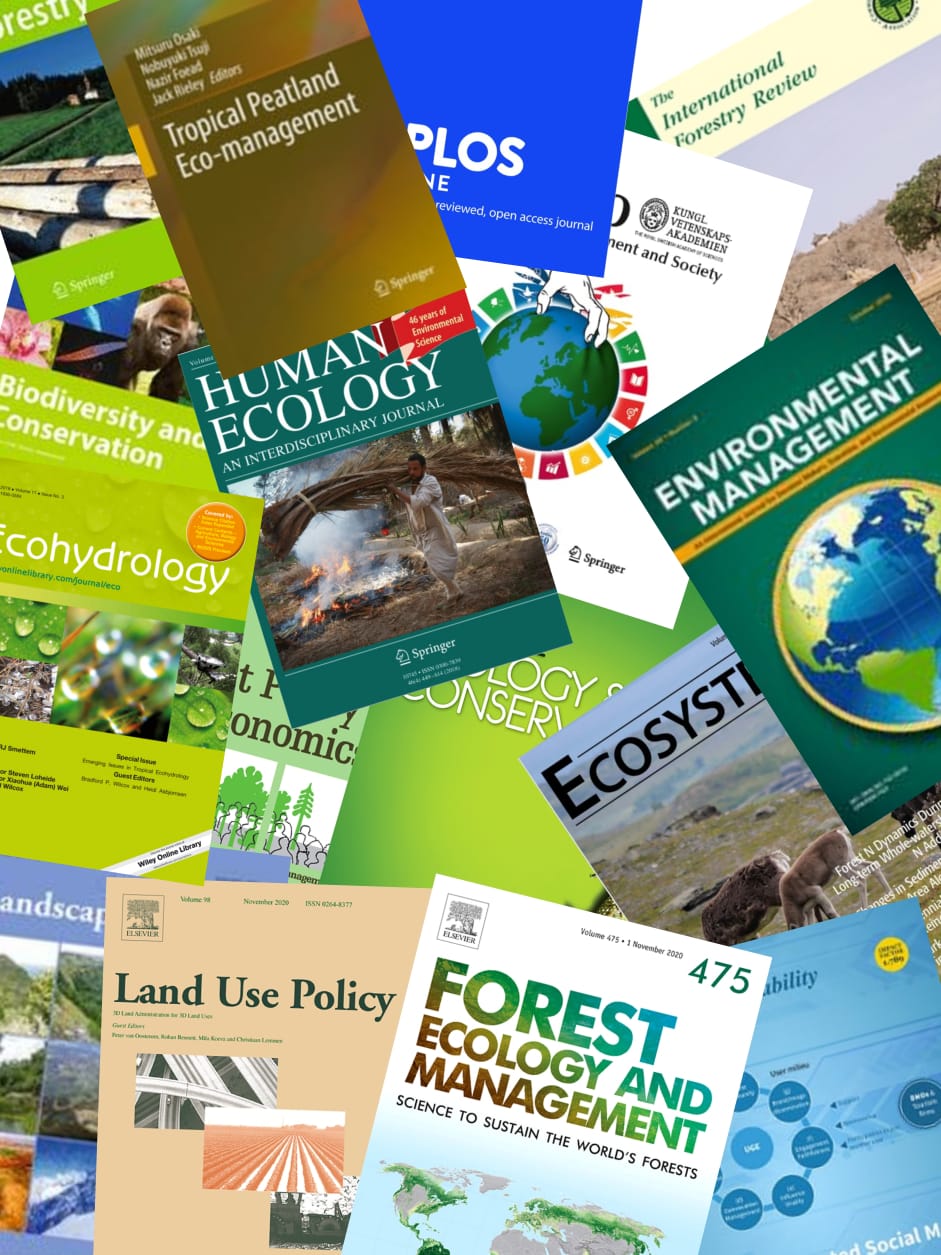Clear land ownership and community involvement in managing forests are key determinants in securing sustainable land management. A recent study in Lampung in the province of Sumatra, Indonesia revealed that, even with the use of military force, forest policy and management has largely failed to protect forest resources when local communities were not involved. In contrast, with less government intervention but more secure land rights (as perceived by farmers), local communities have successfully rehabilitated degraded land, including that designated as state forest area, through establishment of coffee based agroforestry. The main incentive for local communities to manage land more sustainably was the expectation of secure land rights on state forest land through which livelihood and income could be realized. The study indicated that under such circumstances there is room for negotiation between the government forestry department and local communities to better manage state forest land. This not only can generate income for local communities but can also improve the overall environment through reduction of fire incidence. This indicates that legal land use rights for local communities on state forest land could be used as a 'reward' for upland farmers for their role in maintaining environmental services of forest land.
View source

